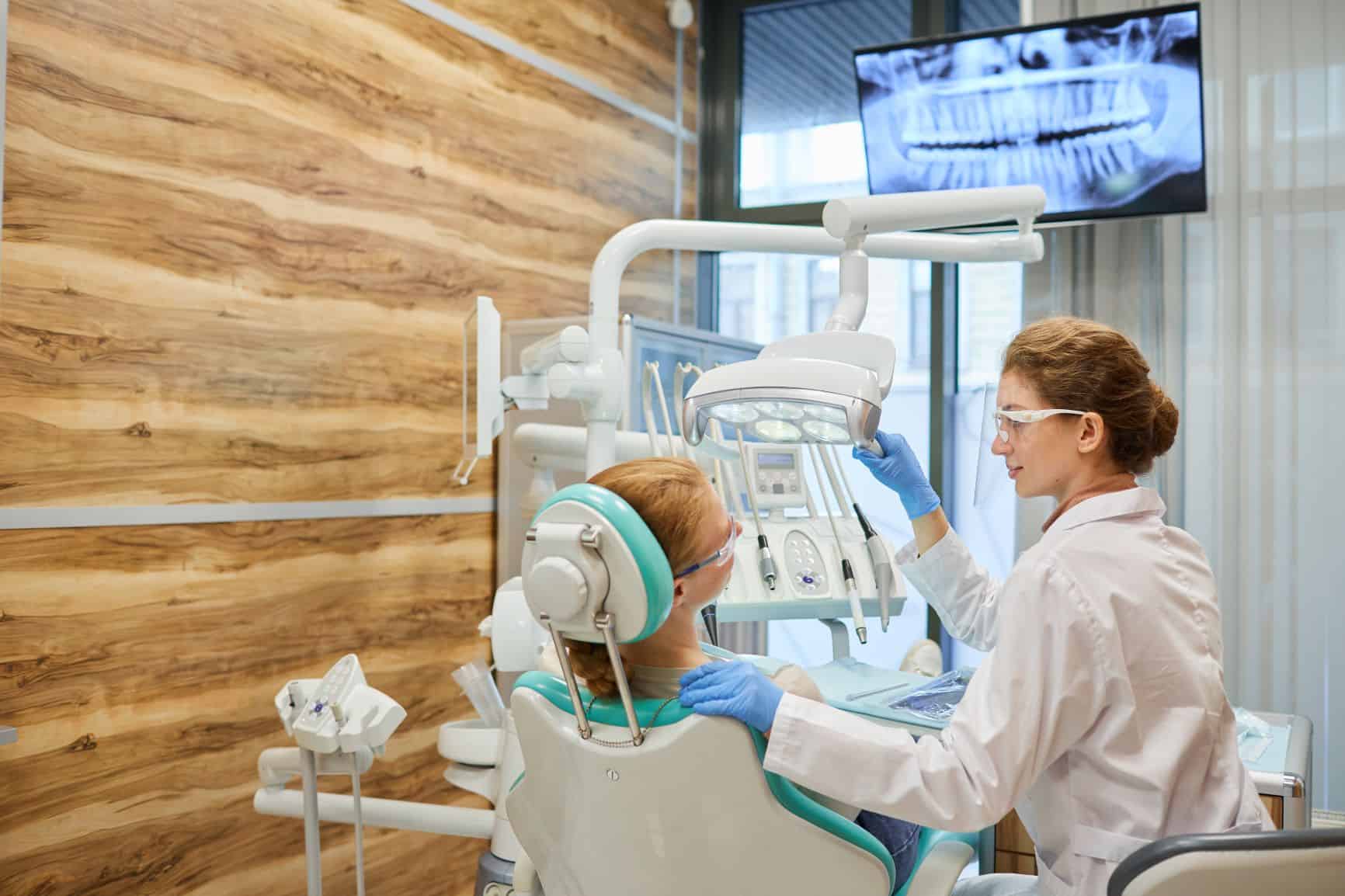
What To Expect With Wisdom Teeth Removal Surgery
Have you been told you need to have your wisdom teeth removed by your dentist? Even though they may not be causing you any issues at the moment, keeping in wisdom teeth can lead to severe problems down the line if your mouth doesn’t have room for them after they come in. Removing them before any issues or pain arise (when it is recommended by a dentist) is the safest and most ideal solution for your oral and orthodontic health.
Wisdom teeth are the third (and final) set of molars in your mouth. They can break through the gum line as early as 13 or as late as 25 years of age. The term “wisdom teeth” comes from the fact that they come in much later than your other adult teeth, so they arrive when you are “wiser” than you were as a child.
Today, we’ll take a look at what you can expect before, during and after the removal of your wisdom teeth.
When should wisdom teeth be removed?
A general consensus among dentists is that removal of wisdom teeth is better at an earlier age, generally around fifteen or sixteen on average, before the roots and bone are fully formed. Getting your wisdom teeth removed as a teenager means a faster recovery time as well. Regardless of your age, your dentist will assess how your wisdom teeth are coming in and let you know if surgery is the best idea for you.
Before the surgery
Once your dentist is certain you need your wisdom teeth removed, an oral surgeon will be assigned to your wisdom tooth extraction surgery. Before your surgery, your dentist or oral surgeon will give you x-rays to see if your teeth are impacted or if there are any other issues the surgeon needs to be aware of before the procedure. Ask your surgeon or dentist any questions you may have before the surgery and make sure to follow all the instructions for the day of the procedure.
It’s normal to be nervous before surgery, but remember that wisdom teeth surgery is very common and the risks are very low. Your dentist and surgeon will make sure you are comfortable before, during and after the procedure.
Wisdom Tooth Surgery
Here are the steps for a typical wisdom tooth procedure:
Sedation:
There are different levels of sedation that are offered; administered via nitrous oxide, IV, or general anesthesia. Several factors are taken into consideration, such as the length of the procedure and your personal pain and anxiety threshold, before you and your dentist decide which sedation level is best for you. Most typical wisdom teeth surgeries have the patient remain awake, but you should not feel any pain at all.
IV sedation has the patient drift in and out of being awake and you most likely won’t remember anything from the surgery. Some patients get general anesthesia if the surgery is going to be more intense or the patient needs to be asleep for the entire process.
Numbing:
After you are properly sedated and comfortable, the surgeon will begin numbing the areas surrounding the wisdom teeth and the teeth themselves with a local anesthetic.
Tissue Removal:
The surgeon will remove any gum tissue covering where the wisdom teeth are located to gain access to the teeth.
Bone Removal:
Depending on if your wisdom teeth are impacted or not, your surgeon may need to remove any bone the tooth is covered in.
Loosening and Sectioning of the Tooth:
The surgeon will make sure to cut any tissue needed or section off the tooth for easier removal.
Tooth Removal:
Once the wisdom tooth is loose or sectioned, it is ready to be removed from the mouth.
Stitches:
Once the surgeon removes all the required teeth, they will stitch up the tissue around the area and get you off to recovery.
Recovery
Wisdom tooth extraction surgery takes typically 45 minutes to complete. You will wake up or recover in the chair the surgery was performed on if you were given nitrous oxide or an IV. If general anesthesia was given, you will wake up in a recovery room. Once you are fully awake, you will be allowed to be taken home. It is generally a good idea to get a ride home from surgery, as you will likely still be feeling the effects of the anesthesia, and should not operate a motor vehicle in that state. You’ll be sent home with instructions and pain medications for recovery and healing.
Your mouth won’t heal completely for a few months, so make sure to take care of your wounds and remember: you can still get an infection after surgery if your mouth is not properly taken care of, so follow all aftercare instructions carefully
Avoid the following activities until you are fully healed:
- Strenuous exercise
- Smoking
- Spitting
- Drinking from a straw
Swelling and bleeding after surgery is normal, but make sure to contact your dentist if the pain becomes unbearable or the bleeding becomes excessive. Bleeding and swelling reduces consistently and should be almost gone a week after surgery.
You’ll be able to eat normal foods and do everything you did before your surgery in a relatively short amount of time. Remember, your dentist is always available in case you have any questions or concerns after your surgery.
Getting your wisdom teeth removed is a very common procedure and one you need not worry about. Remember to ask any questions you may have to put your mind at ease before the surgery and prepare for the recovery ahead of time. As long as you follow the instructions and allow your body to heal, you will be enjoying everything you did before your surgery with healthy teeth and gums.
Should You Have Your Wisdom Teeth Removed?
Consult your dentist to determine if you should have your wisdom teeth removed. Postponing critical dental care, especially in the case of wisdom teeth, can result in dangerous complications.
Carrie Muzny DDS and Associates offer the highest-quality dental services for our patients in The Woodlands and surrounding areas. Our highly acclaimed dentists are not only exceptionally trained in modern preventative techniques, but also have attained academic honors and continue to refine their craft year after year in preventative dentistry, restorative dentistry, surgical procedures, and cosmetic dentistry.
With our state-of-the-art technology and vast range of smile-perfecting procedures, we stay atop the field and deliver smiles as sunny as the state of Texas!
To let us help you get that perfect smile, contact us today. You can even request a virtual consultation!

